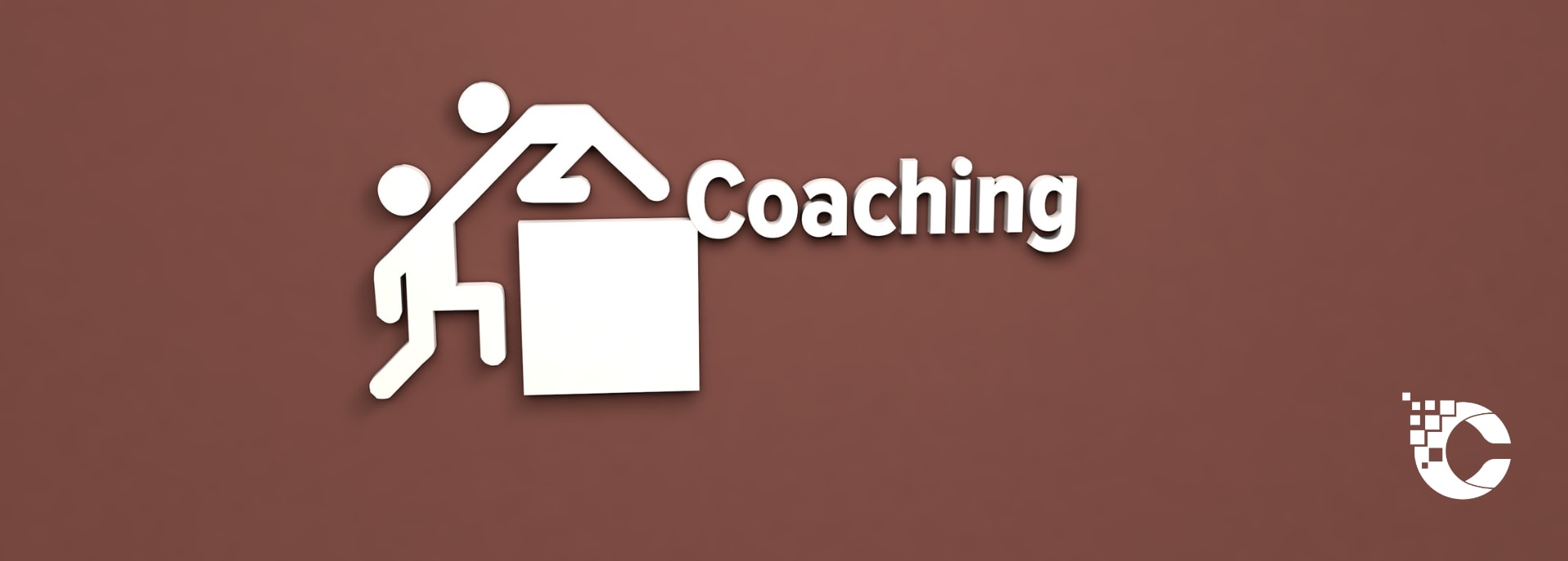Ask AI
Ask AI

Coach on Tap
November 15, 2025Coaching has never been more relevant, more diverse, or more deeply integrated into everyday life than it is in 2025. What once sat on the fringes of professional development is now stepping confidently into the mainstream — shaped not by corporate demand alone, but by human need. To understand where coaching is heading, we must first understand how people are changing. And for that, it helps to begin with a story.
Last year, a client named Linh arrived to her first coaching session with a confession that has become increasingly common: “I don’t think anything in my life is broken. I just feel like something inside me has shifted.” She wasn’t burned out. She wasn’t lost. She wasn’t in crisis. Instead, she felt a subtle but persistent discomfort — a sense that her career, once exciting, no longer fit the person she was becoming.
This kind of client signals a major trend shaping the coaching world in 2025: coaching is no longer crisis-driven. It is becoming preventative and exploratory. People seek coaching not because they are at rock bottom but because they are ready for deeper alignment. Coaching has transformed into a space for understanding early emotional cues, anticipating misalignment before it grows, and interpreting internal changes that don’t yet have language.
In 2025, coaching has become a tool for staying aware — not just a tool for recovering.
If 2024 was the year AI integrated into daily workflows, then 2025 is the year humans began seeking refuge from it. As artificial intelligence took over more administrative, analytical, and operational tasks, people started noticing something missing: human nuance. The more automated work becomes, the more people crave presence, empathy, emotional resonance, and the ability to be listened to without algorithms predicting their next sentence.
This shift is not subtle — it is reshaping coaching entirely. Clients now come to coaching because they want a kind of attention that AI cannot replicate. They want someone who notices the tremble between words, the silence after a statement, the emotional weight behind a casual comment. Human-centric coaching has become a counterbalance to automated efficiency. Rather than replacing coaches, AI has unintentionally increased the value of human intuition.
In 2025, the most sought-after coaches are not the most “expert,” but the most present.
A young leader named Nam recently told his coach, “I don’t need someone to tell me what to do. I need someone who helps me understand how I think.” This is not an isolated sentiment — it captures a generational shift in expectations around guidance.
Coaching used to carry a teacher–student dynamic. The coach was the expert, the client the recipient. But in 2025, this hierarchy is fading. Clients want collaboration, not instruction. They want co-creation, not direction. They want a space where the coach is not the authority but the mirror — someone who can reflect patterns, ask deeper questions, and hold emotional complexity without dominating the narrative.
As coaching becomes more egalitarian, the relationship itself becomes the tool — not the advice.
One of the most significant expansions in 2025 is the mainstream rise of relationship coaching. Modern relationships are under unprecedented pressure: dual careers, digital distraction, shifting gender expectations, economic uncertainty, and emotional fatigue. People are seeking practical pathways to reconnect, communicate with clarity, and rebuild emotional safety.
Clients are discovering that relationship coaching offers something they’ve been missing — an opportunity to understand relational dynamics without the clinical context of therapy. Coaching provides language, frameworks, and exercises that strengthen connection in real time. It focuses on the present, not the past; on the relationship as a system, not a diagnosis.
In 2025, relationship coaching is not a backup plan. It is a strategic form of emotional literacy.
Coaching has always been fulfilling, but it has also always been solitary. In 2025, coaches are becoming more vocal about the need for community: a place to reflect, to grow, to question their own patterns, and to feel seen by peers who understand the emotional weight of holding space for others.
Many coaches now choose platforms like Coach on Tap not simply to find clients, but to find connection. They want to exchange ideas, share challenges, discuss breakthroughs, and explore new tools together. Coaching trends in 2025 are defined not only by client needs but by coach needs — and one of the biggest needs is belonging.
The future of coaching is not isolated practitioners. It is ecosystems.
When we connect the stories — Linh searching for alignment, Nam seeking collaborative thinking, couples seeking relational clarity — a clear picture emerges. Coaching in 2025 is becoming more psychological, more relational, more experiential, and more accessible. It is not just a professional development tool; it is a human development tool.
The world has grown more complex, and coaching has stepped into that complexity not with answers, but with space. Space for reflection, space for vulnerability, space for the questions that matter more than the answers.
If coaching used to be about improvement, in 2025 it is about understanding.
If coaching used to be about reaching goals, in 2025 it is about rediscovering meaning.
If coaching used to be about performance, in 2025 it is about presence.
At Coach on Tap, we see coaching trends not as an industry shift but as a cultural one. People are learning to value introspection over hustle, understanding over reaction, and connection over noise. Coaches are learning to value community over isolation and presence over expertise.
The evolution of coaching in 2025 is not temporary. It is foundational. It is a sign that people are ready to grow not just faster, but deeper - and they are seeking the support and structure to do it well.
Coaching in 2025 is a story. A movement. A quiet revolution in how humans understand themselves and one another.
And we are just getting started.